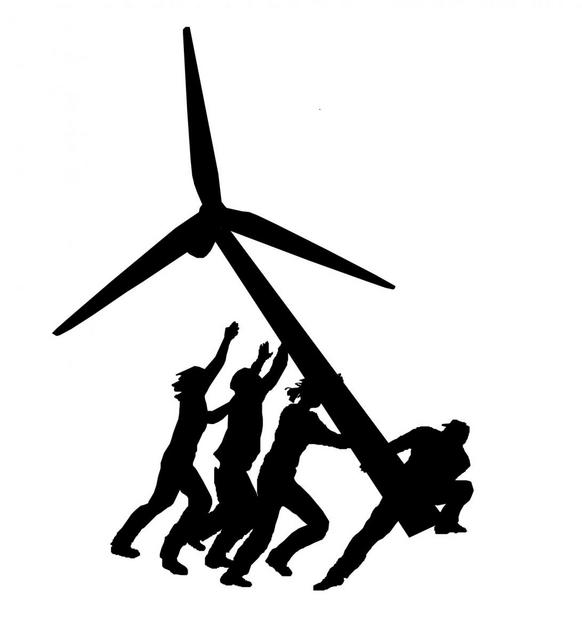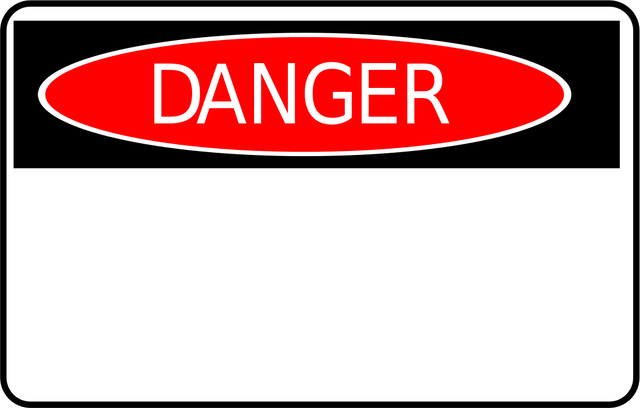Chicago Greens
Next monthly meeting on Sunday, April 12th, from 2-4:00 PM, at Powell's Bookstore, Halsted and Roosevelt (800 W, 1200 S)
Related Articles at Site:
Press Release
April 3, 2015
For Information: Charles Paidock (312) 842-5036, (312) 714-7790 cell cpaidock@hotmail.com
Eco-Group Says Railroads Doing Little to
Eliminate Danger of Tank Car Trains
Environmental activists concerned about trains of explosive and flammable crude oil passing through Chicago, were critical of safety measures to avoid accidents announced by the Burlington Northern Santa Fe (BNSF) railroad, saying it does little to eliminate the hazard. Other railroads like CSX and Union Pacific have not announced any changes regarding their operations or safety measures.
The BNSF stated that it would reduce the speed of these trains to 35 (from an earlier 40 miles per hour) in cities with a population of over 100,000. Along with this, the company is increasing the number of inspections of the railroad tracks near waterways. The train wheels will also be inspected more frequently to avoid accidents.
In the past five weeks, there have been 5 oil train derailments resulting in large fireballs. Oil production has increased due to fracking technology. With pipelines at capacity the boom has led a 4,000 percent increase in the volume of crude oil that travels by rail. An estimated 25 million Americans live within the “blast zone” the activists say are created by these trains. The federal Department of Transportation (DOT) has predicted 10 derailments a year
While one of the most effective things to do is introduce a speed limit for trains which use two (2) types of tank cars to carry crude oil, there are different opinions on what this should be. The older cars, which still make up the majority of the crude by rail fleet, have been shown to explode at seven miles an hour. The newer, supposedly safer cars, which have been involved in each one of these accidents recently, have been shown to explode at 15 miles an hour.
Charles Paidock of the Chicago Greens, stated that: “We have identified about 27 risk factors that need to be looked at in developing standards for transporting crude oil, and safety measures such as installing new brake systems, alternative routes, and avoiding environmentally sensitive areas altogether. I do not perceive what BNSF is adopting as a serious recognition of or response to the problem of exploding tank car trains.”
Chicago handles one-fourth of the nation's freight rail traffic, with as many as 40 crude oil trains, each carrying a million or more gallons of the flammable liquid, rolling through the area weekly.
The DOT, which has said that the growing movement of oil trains posed an “imminent hazard” to the public, has nevertheless been slow to toughen up tank-car standards.
BNSF Railroad will reduce speed of crude oil trains to 35 miles per hour in cities with population of over 100,000
Apr 1, 2015 at 7:12 am EST
BNSF Railroad Introduces New Safety Measures For Crude Oil Freights
Berkshire Hathaway Inc.-owned Burlington Northern Santa Fe Corp (BNSF) Railroad has announced to increase safety measures relating to crude oil trains to avoid accidents. The safety measures come about in the aftermath of the recent derailment accidents that occurred in the US and Canada.
Under the new safety measures, BNSF is reducing the speed of crude oil trains to 35 miles per hour (from an earlier 40 miles per hour) in cities with a population of over 100,000. Along with this, the company is increasing the number of inspections of the railroad tracks near waterways. The train wheels will also be inspected more frequently to avoid accidents.
Earlier this month, one of the BNSF trains was derailed near northern Colorado town of Hudson. Although there were no injuries in the accident, the company faced major financial losses as a result of the accident. The train had 120 cars of coal, out of which 27 were derailed.
In the month of February 2015, Canadian National Railway, carrying 100 cars of crude oil and petroleum, was derailed in a remote area of Ontario, Canada. In the same month, CSX oil train, carrying 109 cars, also had an accident when it caught fire after derailment at Mount Carbon, West Virginia. One of the worst derailment accidents occurred in July 2013, in Lac-Megantic, Quebec, involving a runaway train, resulting in 47 casualties.
According to BNSF spokesman Michael Trevino, the recent accidents have led the company to take further action regarding safety measures.
According to the company officials, the railroad will increase its inspection by 2.5 times more than earlier, and the company will also remove the flawed wheels which prevent the track-side detectors to track the wheels.
In fiscal year 2014, the railway hauled 493,000 cars of crude oil, an increase from 407,000 cars hauled in fiscal year 2013.
After the recent accidents, federal regulators are also looking at different safety measures which they plan to introduce by the spring of this year. However, other railroad companies like CSX and Union Pacific have not announced any changes yet regarding their operations or safety measures.
Blast Zone of
Crude Oil Tank Car Trains


